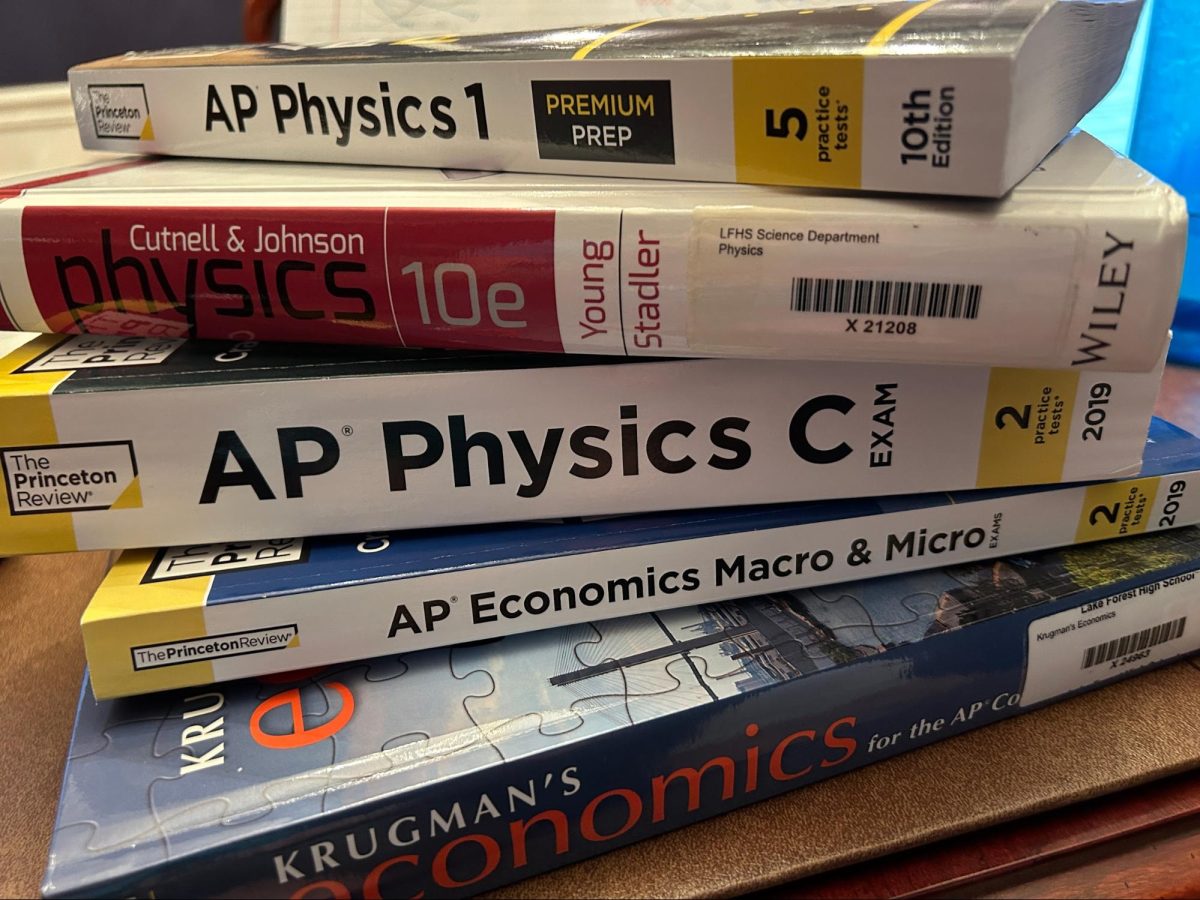From alternative submissions, to drops, to no final at all, colleges are devising creative solutions to assess subject matter mastery. It’s time for LFHS to do the same.
Over Thanksgiving break, I had the opportunity to talk with several LFHS alumni and college students. One topic of discussion was the creativity in which schools allowed some level of forgiveness in the work of their students. Many of the alumni commented on the ability to “drop” homework assignments.
“We get a certain number of homework drops a semester. It’s a good way to learn what a teacher expects, without ruining a grade,” alumni Ella Vander Velde said.
Other classes allow students to drop tests.
“Over a semester there are four tests. The gradebook requires three tests to be entered. Therefore, you can drop one test. If you’re happy with your grade, you don’t even need to take the final,” alumni JT Kirages said.
Following this same logic, some classes at Carnegie Mellon University do not require students to take a final if they have an A going into the final.
“The class is really difficult, but if you have an A before the final, you get rewarded by not having to take the final. The kids that do have to take the final get rewarded as well, the curve on the final does not include the students that have been busting the curve all semester, which means more points going back to the students,” alumni Alex Kirages said.
And other classes, including classes at both Loyola University Chicago and University of Illinois, follow the Mastery Based Learning Model. In this model, students are told what concepts they need to prove mastery of.
During tests, students prove they know the material. If they do not get a problem/section correct, that same section appears again on the next test, and the student is in the position to prove that they have mastered that section again.
The final is essentially a test with all the sections from the semester. Students need only answer the questions that correlate to the sections they had not previously proven mastery of. Therefore, a final could range from zero questions (if the student had proven mastery on the previous tests) to a complete exam (if the student had not previously demonstrated mastery).
According to Psychology Today, colleges, including Harvard University, are moving away from final exams.
“[A]ccording to recent statistics, only 23% of undergraduate courses (259/1137) and 3% of graduate courses (14 of approximately 500) at Harvard had final exams.”
Of course, ensuring that students understand the content they have learned throughout the semester is important both for ensuring the material was learned and for ensuring engagement in the class as the semester comes to a close.
However, final exams are not the only method of achieving this.
As we discovered during the pandemic, LFHS, like most other high schools and colleges, got creative. We did papers, projects, and summary illustrations or videos. In some cases, we were able to prove our comprehension by devising our own final project according to teacher parameters. In this way, we were able to take ownership of how we felt we were best prepared to present the information we had learned.
In biology freshman year, I remember the opportunity to creatively present the parts of a cell. I made the largest jello mold of my life, with various candies representing the different parts of the cell.

In having to think about what candy best represented the smooth versus rough endoplasmic reticulum, for example, I found both smooth licorice and sour patch licorice. The different textures appropriately represented the features. Now, four years later, I recall the elements of the cell and the features of the candy that represented the features. I cannot say that I recall that same level of detail for other classes where we simply had an exam.
Students learn differently, and we need the opportunity to demonstrate that we can master the course material in a less rigid manner. Permitting flexibility and adding a bit of forgiveness into the system will decrease stress, increase grades, and give students satisfaction in the work they do.








